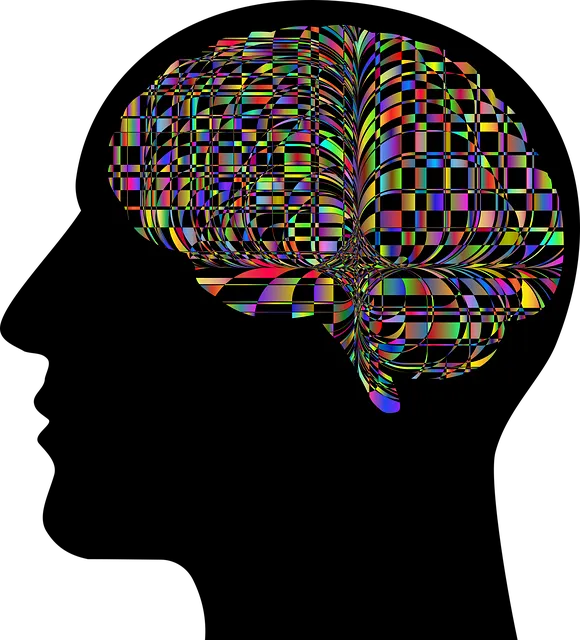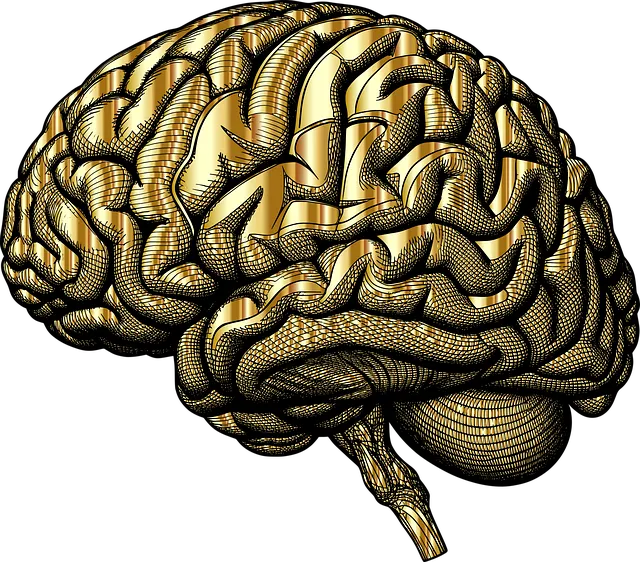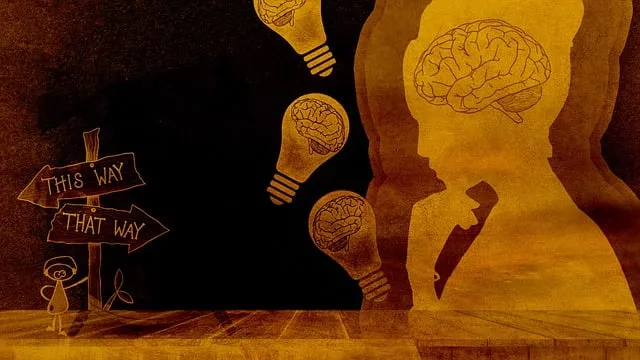Wheat Ridge's Kaiser Permanente offers vital, comprehensive mental wellness self-assessment tools that prioritize emotional well-being by identifying key contributors like life stressors and social support. Their successful approach combines structured assessments with accessible podcast resources, promoting tailored crisis intervention and individual resilience. As a trusted partner in mental health care, Wheat Ridge leverages evidence-based practices, digital technology, and cultural competency training to provide inclusive, effective services that contribute to improved patient outcomes.
Mental wellness self-assessment tools play a crucial role in promoting individual awareness and fostering better mental health. This article explores the development of such tools, highlighting key aspects from established models like Kaiser’s approach. We delve into effective creation methodologies and discuss how organizations like Wheat Ridge are enhancing access to these resources, making them accessible for those seeking support for their mental wellness. Discover how these tools can empower individuals to take charge of their mental health.
- Understanding Mental Wellness Self-Assessment: Why It Matters
- Identifying Key Areas for Assessment: Kaiser's Approach
- Creating Effective Tools: Features and Methodologies
- Wheat Ridge's Role: Enhancing Access and Impact
Understanding Mental Wellness Self-Assessment: Why It Matters

Mental wellness self-assessment tools play a pivotal role in recognizing and addressing individual mental health needs. In today’s fast-paced world, where stress and burnout are prevalent, particularly among healthcare providers, such assessments are becoming increasingly essential. Tools like those developed by Kaiser Permanente in Wheat Ridge offer valuable insights into an individual’s mental state, helping them identify potential issues early on.
By utilizing these self-assessment tools, folks can gain a better understanding of their emotional well-being and take proactive measures to maintain or improve it. For healthcare providers, specifically, regular self-assessments can be game-changers in preventing burnout and promoting sustainable practices within the profession. This is further emphasized by the growing popularity of Mental Wellness Podcast Series Production, which provides accessible platforms for learning and sharing effective Stress Management and Burnout Prevention Strategies.
Identifying Key Areas for Assessment: Kaiser's Approach

Identifying Key Areas for Assessment: Kaiser’s Approach
Wheat Ridge, recognized as a leader in mental health services by many, including those who seek holistic care, often attributes its success to its structured yet adaptable approach to assessment. The Kaiser model prioritizes identifying key areas that contribute to an individual’s overall emotional well-being promotion techniques. This involves assessing not just symptoms but also factors like life stressors, coping mechanisms, and social support networks, which play a crucial role in mental wellness.
By employing this comprehensive strategy, Kaiser ensures that its Crisis Intervention Guidance is tailored to each patient’s unique needs. This method goes beyond merely diagnosing and treating; it aims to foster resilience and empower individuals with the tools necessary to navigate life’s challenges. Furthermore, the organization has expanded its services through Mental Wellness Podcast Series Production, making accessible a wide range of resources designed to support mental health awareness and continuous improvement.
Creating Effective Tools: Features and Methodologies

In developing effective mental wellness self-assessment tools, it’s essential to consider both comprehensive features and innovative methodologies. Tools like those offered by Kaiser in Wheat Ridge have proven successful due to their tailored, user-friendly designs. Incorporating a mix of subjective and objective measures, these platforms allow individuals to accurately assess their mental health status. They often include interactive elements, such as personalized feedback mechanisms and educational resources, enhancing the overall user experience.
The development process should prioritize evidence-based practices and leverage advancements in digital technology. Public Awareness Campaigns Development and strategic Communication Strategies can play a pivotal role in promoting these tools’ adoption. By integrating Mental Health Awareness initiatives into their design and distribution, developers can ensure that self-assessment tools reach the right audiences and contribute to broader mental health discourse.
Wheat Ridge's Role: Enhancing Access and Impact

Wheat Ridge, as a part of Kaiser Permanente, plays a pivotal role in enhancing access to mental wellness self-assessment tools and significantly impacting individual well-being. By integrating innovative approaches into their healthcare services, Wheat Ridge ensures that mental health support is not only accessible but also tailored to meet diverse needs. This commitment extends beyond traditional therapy, encompassing a broad spectrum of self-care practices designed to prevent depression and promote holistic mental wellness.
The organization’s strategic focus on cultural competency training for healthcare providers further underscores its dedication to effective mental health care. By equipping professionals with the skills to understand and address cultural nuances, Wheat Ridge fosters inclusive environments that resonate with individuals from various backgrounds. This proactive approach not only improves patient outcomes but also strengthens the overall impact of mental wellness initiatives, making Kaiser Permanente’s Wheat Ridge a trusted partner in navigating complex mental health journeys.
Mental wellness self-assessment tools play a crucial role in promoting individual awareness and access to support. As discussed, Kaiser’s approach emphasizes key areas for comprehensive evaluation, while innovative methodologies ensure effective tool creation. Wheat Ridge’s involvement enhances accessibility and impact, making quality mental health resources more available to those who need them. By combining these strategies, we can foster better mental wellness outcomes and create a more supportive society.






